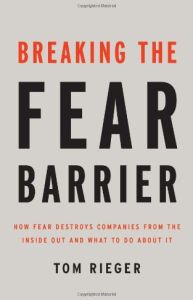
Breaking the Fear Barrier
How Fear Destroys Companies from the Inside Out and What to Do About It
Recommendation
Fear rules the business world. Many employees are scared of losing their entitlements, such as status, power, money and influence. To preserve these assets, they create internal “barriers” that render their companies inefficient and unproductive. Tom Rieger – an organizational expert for the Gallup Inc. performance management consultancy – examines the destructive effect of fear within firms and discusses what executives can do to combat it. He finds that fearful people see working for their companies as akin to being in prison – hardly the setting for enthusiasm and productivity. Rieger offers pleasant, if bland, reading. He does a good job of explaining fear-based issues though you may wish he’d offered even more practical, how-to strategies for overcoming the problems he identifies. getAbstract recommends this thoughtful treatise to managers who want their employees to feel excited about their jobs, not afraid of them.
Summary
About the Author
Tom Rieger, a senior practice expert with the research-based consultantcy Gallup Inc., develops frameworks that apply behavioral economic principles to complex organizational problems.









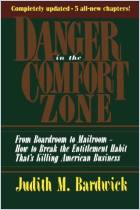
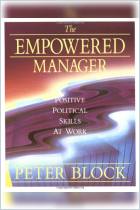
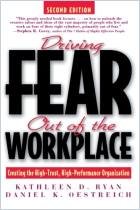
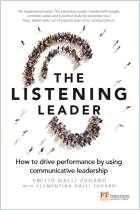
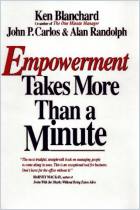








Comment on this summary or Diskussion beginnen